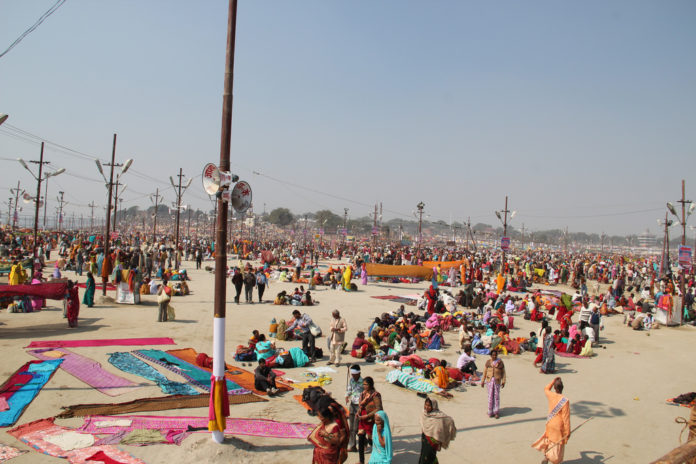Union health ministry to give Rs 12 lakh to every MP to conduct health melas in their constituencies
Even as all focus seems to be on the rollout of the ambitious health insurance programme for 10.74 crore families, the Union health ministry has put together a Rs 150 crore plan to hold annual health melas in every Lok Sabha constituency in the country.
The melas will increase health awareness, make beneficieries aware of government health schemes, provide screening for non communicable diseases and also help people in adopting positive health behaviour e.g quitting to smoke.
According to the financial guidelines for health melas drawn up by the Union health ministry: “The support for each Health Mela from NHM shall be Rs 12 lakh per constituency/nodal district of Hon. Member of Parliament – Lok Sabha/Rajya Sabha respectively. The Health Melas shall be organised under the flagship programme of National Health Mission of the health ministry. The Centre state funding pattern will be 60:40/90:10/100%.”
According to government data, there is a 5-10% incidence in the country of diabetes and hypertension. Of the 8 lakh cancer cases that are detected every year, 60-80% are diagnosed late – sometimes in stages III and IV.
Each mela will continue for at least two days. There will be stalls for ENT checkup, general medicine, maternal health, child health, cardiac check up, skin, immunisation, leprosy and TB control malaria, dental check up etc.
India has a dual burden of communicable and non communicable diseases. According to government data, there is a 5-10% incidence in the country of diabetes and hypertension. Of the 8 lakh cancer cases that are detected every year, 60-80% are diagnosed late – sometimes in stages III and IV.
In his letter to MPs last month, health minister J P Nadda wrote: “Health melas comprise a unique activity, whereby lakhs of people across various cross sections of the society can not only be reached for dissemination of information on various schemes of the government (both central and state level) in a short span of time but also health and wellness services can be easily accessed by common people. They are also important forums (sic) to reach preventive and promotive health messages to the citizens for a healthy lifestyle.”


